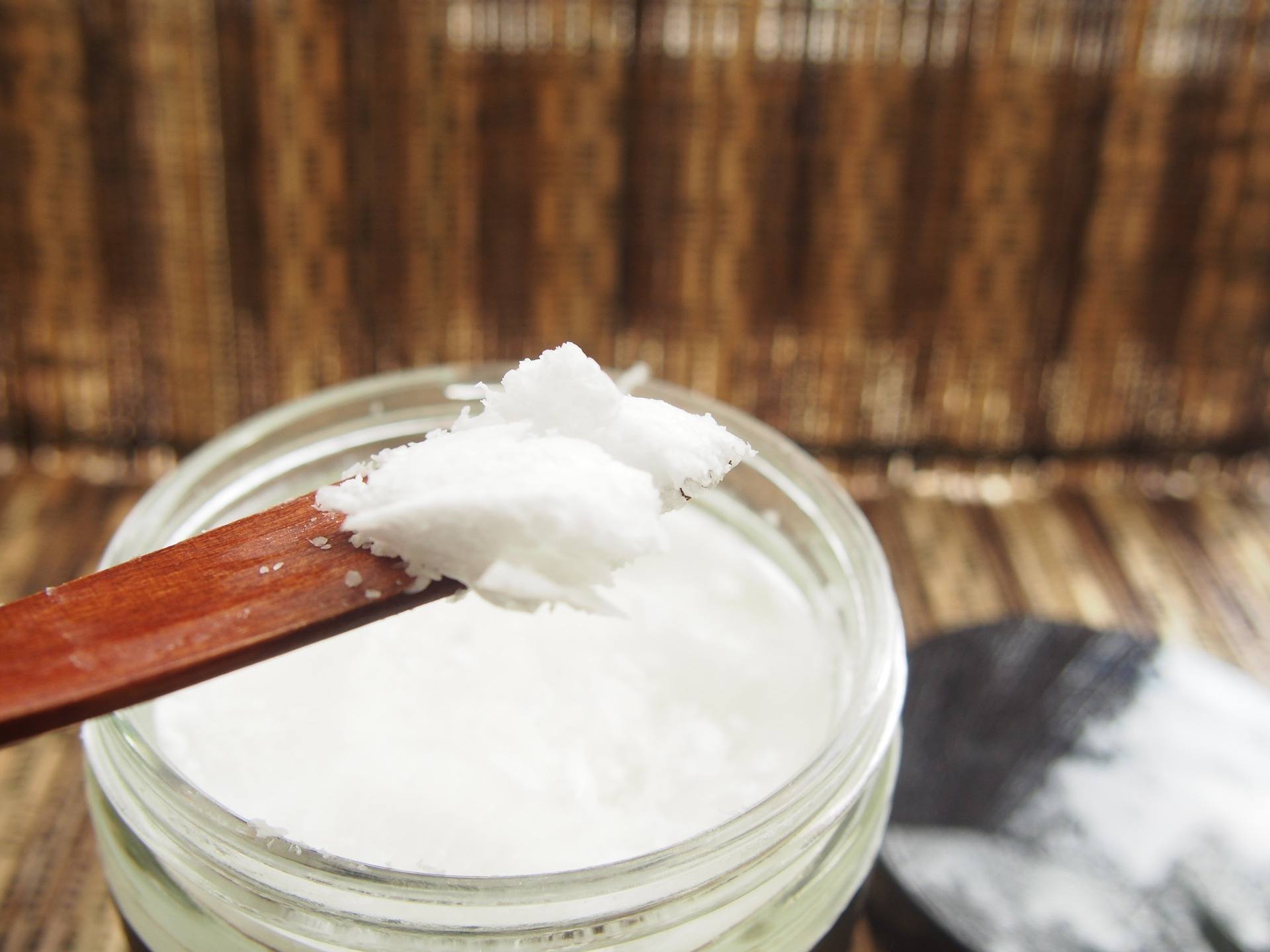Coconut oil is a prime example of a food that sparks debate. It often receives glowing media coverage, yet some researchers question whether it truly deserves such acclaim.
Much of the criticism centers on its very high saturated fat content. Still, recent research has cast doubt on the long-held view that all saturated fat is uniformly harmful.
So, is coconut oil a heart-clogging indulgence or a perfectly fine cooking fat? This article examines the available evidence.

Coconut Oil Has an Unusual Fatty Acid Profile
Coconut oil differs substantially from most other culinary oils, featuring an uncommon mix of fatty acids.
About 90% of its fatty acids are saturated. What sets coconut oil apart is its large proportion of lauric acid, a saturated fatty acid that accounts for roughly 40% of its total fats.
This composition makes coconut oil particularly resistant to oxidation when heated, so it’s well suited for high-heat methods such as frying.
It also contains modest amounts of medium-chain fats: approximately 7% caprylic acid and 5% capric acid.
These fats are sometimes used to help induce ketosis in people on a ketogenic regimen, but coconut oil itself produces a relatively weak ketogenic response and isn’t ideal for that purpose (, 4).
Although lauric acid is frequently labeled as a medium-chain fatty acid, experts debate whether that label is appropriate.
The next section goes into more detail about lauric acid.
SummaryCoconut oil contains several unusual saturated fats, notably lauric acid and some medium-chain fatty acids.
Coconut Oil Is High in Lauric Acid
Lauric acid makes up about 40% of coconut oil.
Most other culinary oils contain only trace amounts of lauric acid. Palm kernel oil is a notable exception, providing about 47% lauric acid.
Lauric acid occupies a middle ground between long-chain and medium-chain fatty acids.
Although often grouped with medium-chain fats, lauric acid is digested and metabolized more like long-chain fatty acids than true medium-chain fats (4, , ).
Research indicates lauric acid raises blood cholesterol, but this effect is mainly due to an increase in HDL (high-density lipoprotein) cholesterol.
A higher HDL relative to total cholesterol is associated with a lower cardiovascular risk.
SummaryCoconut oil is unusually rich in lauric acid, a rare saturated fat that appears to favorably influence blood lipid composition.
Coconut Oil May Improve Blood Lipid Profiles
Evidence suggests that regular consumption of coconut oil can improve circulating lipid levels, which could lower heart disease risk.
In one randomized, controlled trial of 91 middle-aged adults, participants consumed 50 grams daily of either coconut oil, butter, or extra-virgin olive oil for a month.
The group consuming coconut oil experienced a significant rise in “good” HDL cholesterol compared with the butter and extra-virgin olive oil groups.
Like extra-virgin olive oil, coconut oil did not raise the “bad” LDL cholesterol.
Another trial in women with abdominal obesity found coconut oil increased HDL and lowered the LDL-to-HDL ratio, whereas soybean oil raised total and LDL cholesterol and decreased HDL.
These findings differ somewhat from older studies in which coconut oil elevated LDL compared with safflower oil (a polyunsaturated source), though it increased LDL less than butter did.
Overall, the research suggests coconut oil might be less harmful — and possibly protective — compared with certain other saturated fat sources like butter or some vegetable oils.
However, no studies to date have shown an effect on concrete outcomes such as heart attacks or strokes.
SummaryStudies indicate coconut oil can raise HDL relative to total cholesterol, which could reduce cardiovascular risk.

Coconut Oil Might Aid Weight Control
Some research suggests coconut oil could support modest weight loss.
In a study of 40 women with central obesity, coconut oil reduced waist circumference compared with soybean oil and improved several other markers.
Another small controlled study of 15 women found that adding virgin coconut oil to a mixed breakfast reduced appetite versus extra-virgin olive oil.
These effects may stem from medium-chain fatty acids, which have been linked to small reductions in body weight.
Nevertheless, experts caution that findings about medium-chain fatty acids don’t necessarily apply directly to coconut oil.
Despite some encouraging results, the body of research is limited and some scientists remain skeptical about coconut oil’s weight-loss effects.
SummaryA handful of studies suggest coconut oil may reduce belly fat and curb appetite, but the weight-loss effects are modest and debated.
Populations That Traditionally Ate Lots of Coconut Were Healthy
If coconut fat were harmful, one would expect to observe health problems in populations that consumed large amounts of it.
Historically, some indigenous groups that derived a large proportion of calories from coconuts were remarkably healthy compared with many Western populations.
For instance, the Tokelauans obtained over half their calories from coconuts and were among the highest saturated-fat consumers globally. The Kitavans consumed up to 17% of calories as saturated fat, mainly from coconuts.
Both groups showed minimal signs of heart disease and were generally in excellent health.
However, these populations also followed wholeheartedly healthy lifestyles: they ate abundant seafood and fruit and consumed virtually no processed foods.
It’s also worth noting they relied on whole coconut flesh and coconut cream — not the refined coconut oil commonly purchased in stores today.
Nonetheless, these observational data indicate people can remain healthy on diets high in saturated fat from coconuts.
Bear in mind that their good health likely reflected an overall healthy way of living rather than coconut consumption alone.
Ultimately, whether coconut oil is beneficial likely depends on your broader diet, activity level, and lifestyle. If you lead an unhealthy life and are sedentary, high coconut oil intake won’t offset those risks.
SummaryPacific island groups eating traditional diets consumed large amounts of coconut without obvious harm. Their health probably reflected their overall lifestyle, not coconut intake alone.
Bottom Line
While debate continues, moderate consumption of coconut oil does not appear to be harmful based on current evidence.
In fact, it may improve cholesterol profiles, although its effect on actual cardiovascular events remains unknown.
These potential advantages are likely tied to its high lauric acid content, a distinctive saturated fat rare in most foods.
In summary, using coconut oil in moderation appears safe and might even benefit health, but like all cooking oils it should be consumed sparingly.

























Leave a Reply
You must be logged in to post a comment.